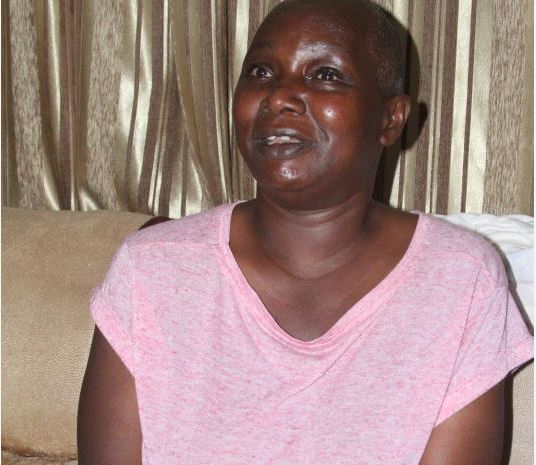
I was chatting with a friend at her workplace some time in 2008 when I first experienced a stroke. Well, I didn’t know what it was then. I rose to fetch water for her when I felt dizzy, fell and had a convulsion. I also bit deep into my tongue before I slid into a comma and woke up in a hospital a week later.
Doctors explained that the stroke was caused by poor management of high blood pressure that I had suffered from for many years. I was admitted to the hospital for six more weeks as the doctors tried to stabilise my condition.